Search

4-H Water & Water Conservation Project
Water is essential to support life on Earth. Conservation is an important practice that ensures we have enough water, and preserving water quality keeps our water supply clean and free of pollution. Why is water important to you?
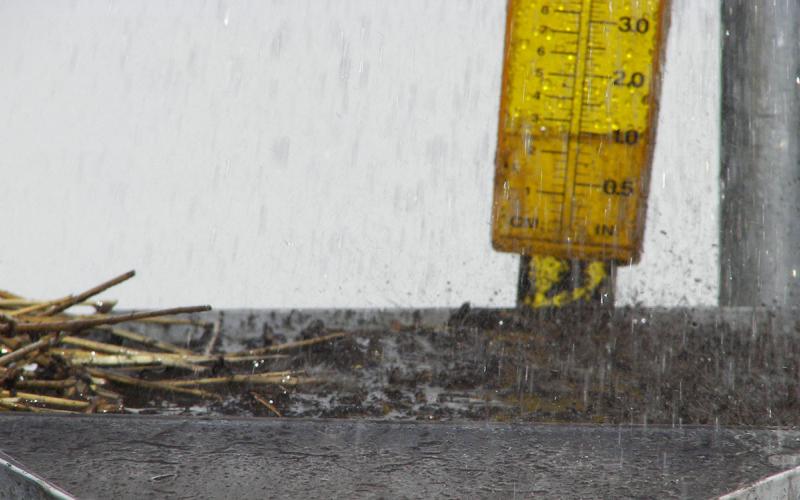
How Soil Holds Water
Water retention is an important soil property and is related to soil texture, organic matter content, and density.
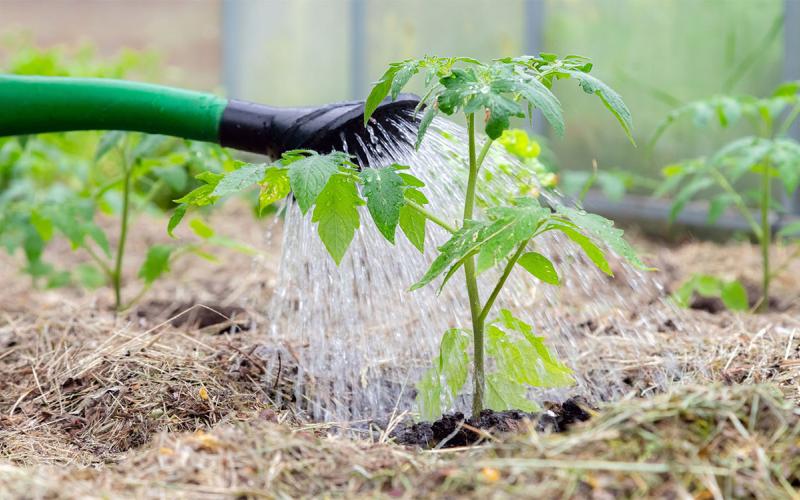
Microbial Water Testing for South Dakota Producers
Microbial water testing is important for produce growers to know the quality of their water to help ensure the safety of the fruits, vegetables, and herbs they produce.
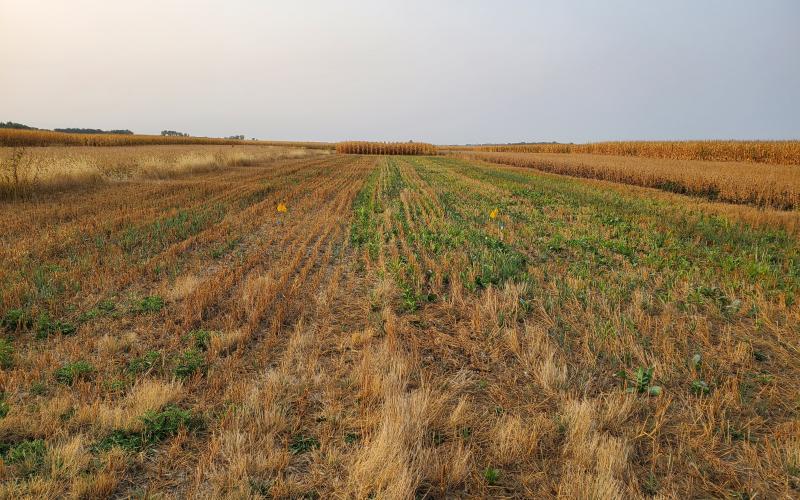
Managing Water with Soil Health
If we are seeing so many benefits to drainage and soil health systems, why isn’t everybody doing it? Can we see a win-win-win situation when looking at habitat, agronomy, and water quality in a system?
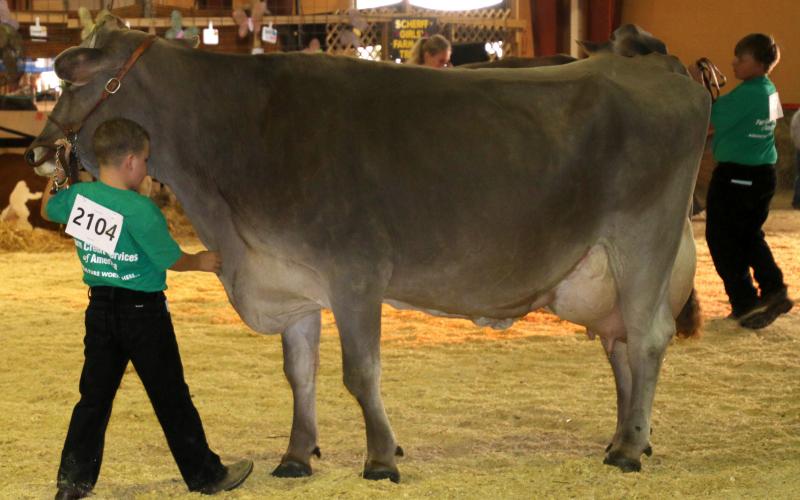
4-H Dairy Cattle Project
Whether you enjoy drinking a cold glass of milk or just really like cows, the dairy cattle project area is for you! Get hands on experience by caring for, milking, and feeding your dairy cattle.
Tree Watering Tips for Drought Conditions
There is no precise recipe for how much and how often trees should be watered during a drought. However, there are a few guidelines to follow.
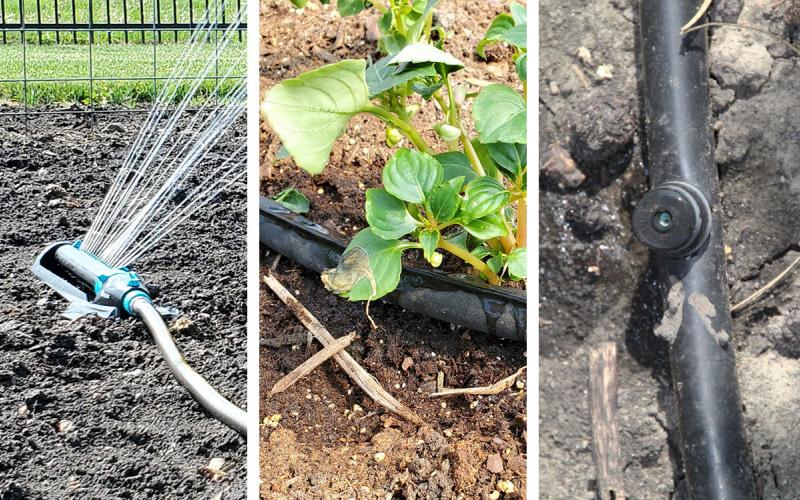
Options for Watering Home Gardens and Landscape Plantings
Ensuring that your garden plants receive adequate water throughout the growing season does not have to be overwhelming. There are a variety of water management options available to make the process easier.

Feeding Hybrid Rye Grain to Cattle
Feedlot researchers at SDSU were approached to evaluate the potential for hybrid rye to be used in cattle finishing diets. See what they found in terms of cattle performance and feed efficiency.
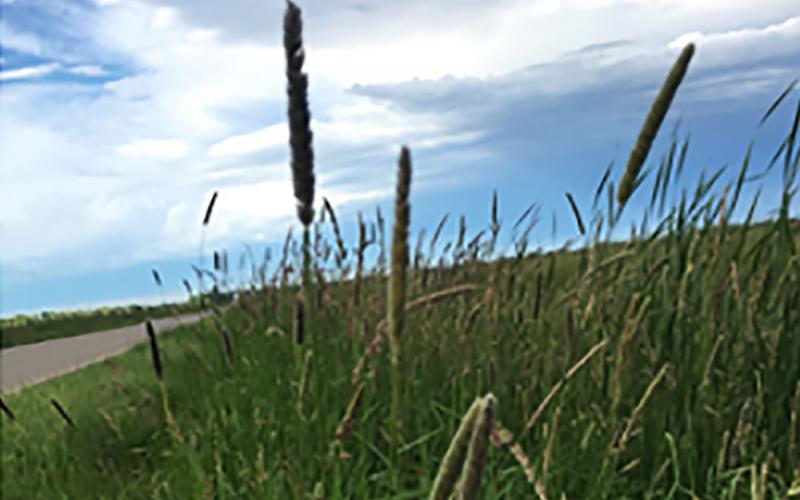
Ditch Hay: Harvesting, Quality, and Feeding
Using ditch hay to feed cattle is a common practice across the U.S. It provides livestock producers with a source of readily available forage, which can be very useful, particularly during feed shortages.
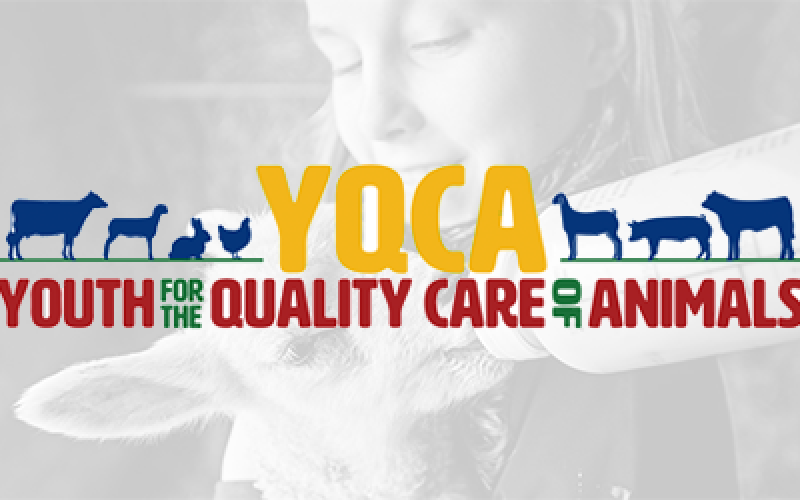
Youth for the Quality Care of Animals (YQCA) in South Dakota 4-H resources
About YQCA – the national program
Youth for the Quality Care of Animals (YQCA) is a national multi-species quality assurance program for youth ages 8 to 21 with a focus on three core pillars: food safety, animal well-being, and character development. The YQCA program is an annual certification created for youth producing and/or showing beef cattle, dairy cattle, sheep, meat goats, dairy goats, swine, poultry, and rabbits. The program has been designed by extension specialists and national livestock program managers to ensure it is accurate, current and relevant to the needs of the animal industry and shows, and is appropriate for youth learning levels.